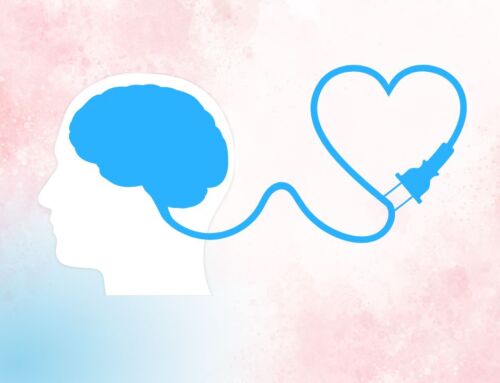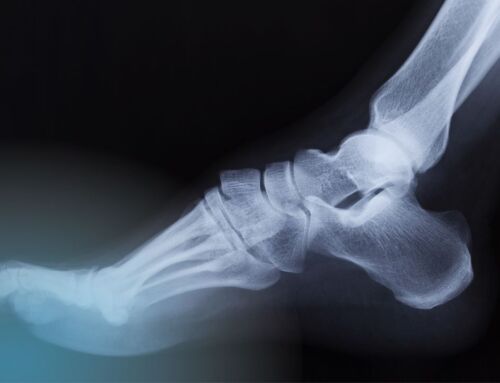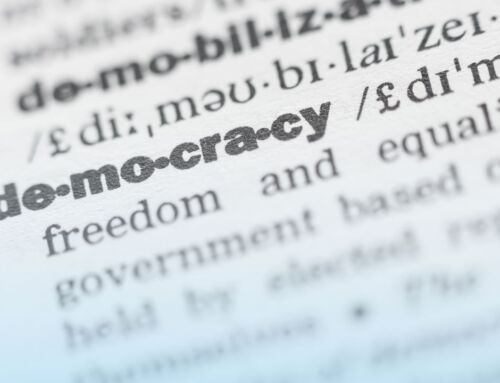Doing good isn’t just beneficial for us when all is going well; it boosts our spirits when we are struggling and going through big changes, research shows.
Think for a moment about some simple things you can do to brighten up someone’s day.
I’ll start…
These are just a few ideas off the top of my head. What comes to mind for you?
I’ve written about how small acts of kindness, sharing compassion, and volunteering to help others are some of the best things you can do to improve your own outlook and well-being.
For instance, studies like this one show people suffering from symptoms of depression or anxiety may help heal themselves by doing good deeds for others. This particular research, published in “The Journal of Positive Psychology,” revealed why engaging in acts of kindness worked so well: It helped people take their minds off their own depression and anxiety symptoms.
“We often think that people with depression have enough to deal with, so we don’t want to burden them by asking them to help others. But these results run counter to that,” said co-author Jennifer Cheavens, professor of psychology at Ohio State University. “Doing nice things for people and focusing on the needs of others may actually help people with depression and anxiety feel better about themselves.”
It also works by helping people feel more connected with others, said study co-author David Cregg, who led the research as part of his PhD dissertation in psychology at Ohio State.
“Social connection is one of the ingredients of life most strongly associated with well-being,” he said. “Performing acts of kindness seems to be one of the best ways to promote those connections.”
Now a new study, “Everyday acts of kindness predict greater well-being during the transition to university,” found that helping others helps us even during stressful life transitions — in this case, for young people away at college for the first time.
The study followed 193 first-year university students over six weeks during their first semester at Simon Fraser University in Canada. Each week, students completed surveys that assessed their well-being and documented their engagement in prosocial behaviors, such as sharing notes with a classmate or holding a door open for someone. Researchers then correlated these with the students’ well-being, using validated scales to assess happiness, flourishing, thriving, resilience, optimism, anxiety, and loneliness.
The researchers found the students reported greater happiness, thriving, flourishing, resilience, and optimism, as well as lower levels of anxiety and loneliness, during weeks when they performed more acts of kindness.
“We measured personal well-being in seven different ways in our study, and I was surprised to see people reported feeling more positive on all of them in the weeks that they did more kind acts,” study author Tiara Cash, a PhD candidate at Simon Fraser University, told PsyPost.
I’m not sure why the author of the study was surprised that the students felt better in all sorts of measurements when they were helping others! That is consistent with everything I have previously read and understood. However, this researcher mentioned a study that found that helping others may not be beneficial, and may even be harmful to well-being, during life transitions. So this study contradicts those findings, showing we benefit from helping others even when we are going through stressful changes in our own lives. Honestly, I think it’s common sense, but if studies are necessary to motivate people to be pro-social because it’s going to benefit them too, then so be it. It’s a win-win!
The university freshmen experienced greater well-being during weeks when they performed more pro-social acts than their personal average.
Here are some of the acts of kindness they performed:
What acts of kindness, small or large, bring you the most joy? I’d love to hear your thoughts in the comment section below.




















